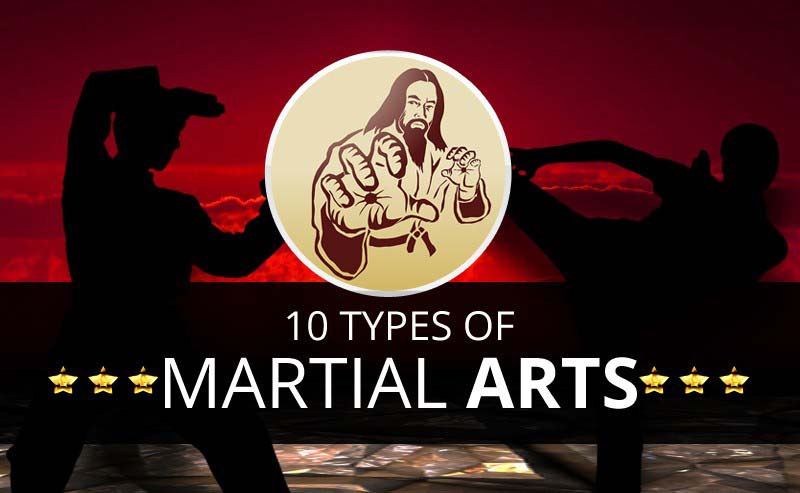The History And Philosophy Of Martial Arts: A Deep Dive
The History And Philosophy Of Martial Arts: A Deep Dive
Blog Article
Writer-Barber Martin
Step into the old globe where martial arts were born out of necessity in diverse areas. Cultures crafted special battling styles linked with historic contexts. simply click the next web page advanced over centuries through committed practice and social exchanges. Today, contemporary martial arts mix standard components for optimal efficiency. Philosophically, martial arts highlight self-control, self-improvement, and harmony. Respect, humbleness, and balance are fundamental concepts assisting professionals towards development and strength. Discover the depths of this abundant history and viewpoint to uncover the extensive impacts forming this long-lasting self-control.
Beginnings of Martial Arts
Fighting style originated in different areas around the globe, developing as sensible battle systems to resist hazards. These ancient combating designs were developed out of requirement, with each society crafting methods fit to their one-of-a-kind settings and difficulties. From the grappling arts of Jujutsu in Japan to the striking methods of Martial art in China, martial arts were deeply intertwined with the historic, social, and cultural material of their corresponding cultures.
In see post , the samurai class polished martial arts like Kenjutsu, the art of the sword, which later on advanced into the extra promoted type of Kendo. At the same time, in Brazil, Capoeira became a blend of dancing and battle, created by enslaved Africans as a means to resist oppression. Each martial art brings with it an abundant background and ideology, showing the worths and ideas of the people that exercised them.
As you look into the origins of martial arts, you uncover a tapestry of human ingenuity, resilience, and the unrelenting spirit of warriors throughout time.
Development of Techniques
Through centuries of practice and refinement, combat strategies within different martial arts have actually gone through an extensive evolution. From ancient styles like Kung Fu and Karate to a lot more contemporary self-controls such as Brazilian Jiu-Jitsu and Krav Maga, the development of techniques has actually been driven by a combination of cultural impacts, practical applications, and technical developments.
One substantial aspect of this evolution is the cross-pollination of strategies in between different martial arts. For example, strategies from standard Japanese Jiu-Jitsu were incorporated right into the development of Judo by Jigoro Kano in the late 19th century. This blending of styles has actually brought about the advancement of crossbreed martial arts like Mixed Martial Arts (MMA), which incorporate elements of striking, grappling, and entry methods.
In addition, the advancement of methods has been shaped by the boosting focus on performance and efficiency in battle. Experts have constantly looked for to fine-tune their strategies via strenuous training, experimentation, and competition, resulting in the growth of extremely specialized and reliable combating styles. On the whole, the development of strategies in martial arts reflects the dynamic nature of combat and the continuous mission for renovation and development.
Philosophical Foundations
Exploring the underlying thoughtful concepts of martial arts provides insight into their core worths and directing beliefs. At the heart of many martial arts techniques is the principle of self-control itself. By training your body and mind to work as one natural system, you cultivate self-control that extends beyond the dojo or health club into everyday life. This self-control incorporates regard, humbleness, and self-discipline, shaping not simply your physical capabilities however also your character.
One more essential thoughtful structure in martial arts is the concept of continual self-improvement. The trip of mastering a fighting style is continuous, with professionals regularly making every effort to far better themselves, both physically and emotionally. This focus on development fosters resilience, perseverance, and a development frame of mind that can be put on all facets of life.
Additionally, martial arts emphasize the significance of harmony and equilibrium. Methods are designed to use a challenger's energy versus them, highlighting the principle of generating and redirecting pressure as opposed to meeting it head-on. This ideology extends to interpersonal connections, promoting serene resolutions and good understanding. By welcoming these thoughtful foundations, martial artists not just improve their combat skills however likewise cultivate a way of living fixated individual development, regard, and harmony.
Verdict
To conclude, the history and ideology of martial arts use a rich tapestry of tradition, technique, and self-improvement.
Consider example the tale of Bruce Lee, who changed martial arts by blending different designs and ideologies to create his very own special form of Jeet Kune Do.
With dedication and innovation, martial musicians remain to push boundaries and motivate others to reach their full possibility both in battle and in life.
